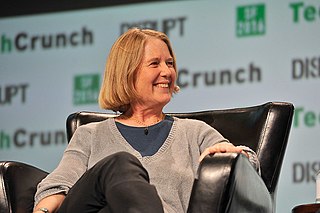A Quote by Douglas Rushkoff
Everyone knows, or should know, that everything we type on our computers or say into our cell phones is being disseminated throughout the datasphere. And most of it is recorded and parsed by big data servers. Why do you think Gmail and Facebook are free? You think they're corporate gifts? We pay with our data.
Related Quotes
There is a saying that if you get something for free, you should know that you're the product. It was never more true than in the case of Facebook and Gmail and YouTube. You get free social-media services, and you get free funny cat videos. In exchange, you give up the most valuable asset you have, which is your personal data.
In my view, our approach to global warming exemplifies everything that is wrong with our approach to the environment. We are basing our decisions on speculation, not evidence. Proponents are pressing their views with more PR than scientific data. Indeed, we have allowed the whole issue to be politicized-red vs blue, Republican vs Democrat. This is in my view absurd. Data aren't political. Data are data. Politics leads you in the direction of a belief. Data, if you follow them, lead you to truth.
MapReduce has become the assembly language for big data processing, and SnapReduce employs sophisticated techniques to compile SnapLogic data integration pipelines into this new big data target language. Applying everything we know about the two worlds of integration and Hadoop, we built our technology to directly fit MapReduce, making the process of connectivity and large scale data integration seamless and simple.



































